A few years ago, in these pages, Matthew Parris defined Ukip as a party of extremists. Perhaps one of his llamas had just spat at him and he was feeling a little piqued. Or perhaps he actually meant it, I don’t know. Matthew decided Ukip was a party of extremists because its supporters, in some ectoplasmic sense, demonstrated a ‘spirit’ of extremism.
Already a subscriber? Log in
Subscribe for just $2 a week
Try a month of The Spectator Australia absolutely free and without commitment. Not only that but – if you choose to continue – you’ll pay just $2 a week for your first year.
- Unlimited access to spectator.com.au and app
- The weekly edition on the Spectator Australia app
- Spectator podcasts and newsletters
- Full access to spectator.co.uk
Or
Unlock this article
You might disagree with half of it, but you’ll enjoy reading all of it. Try your first month for free, then just $2 a week for the remainder of your first year.


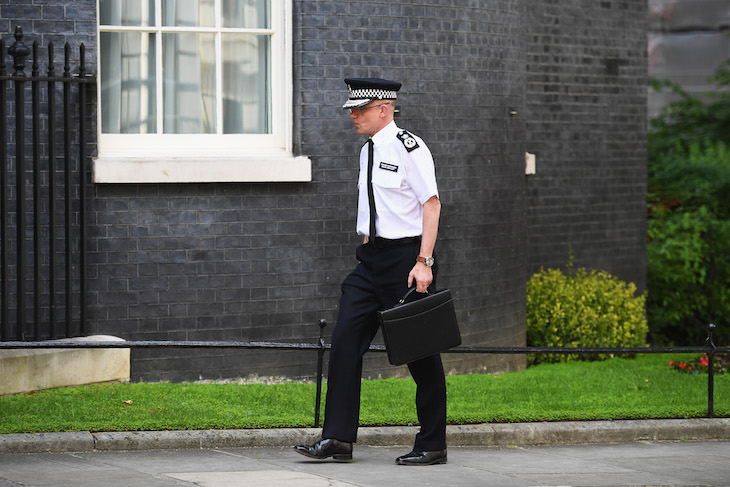

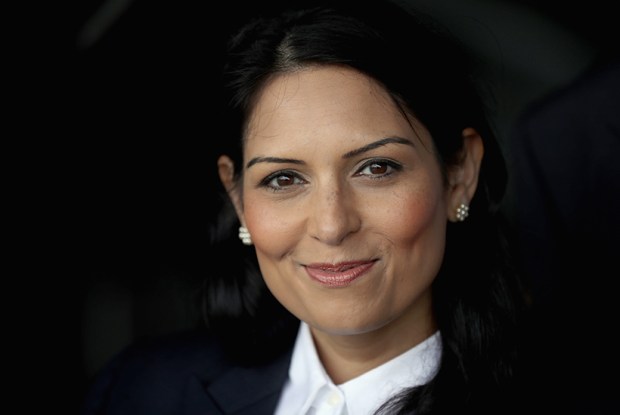
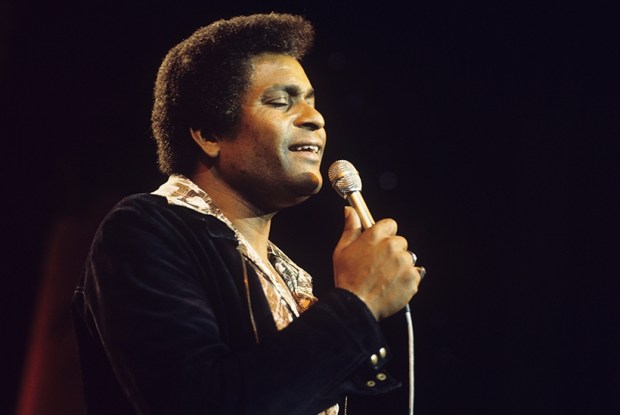
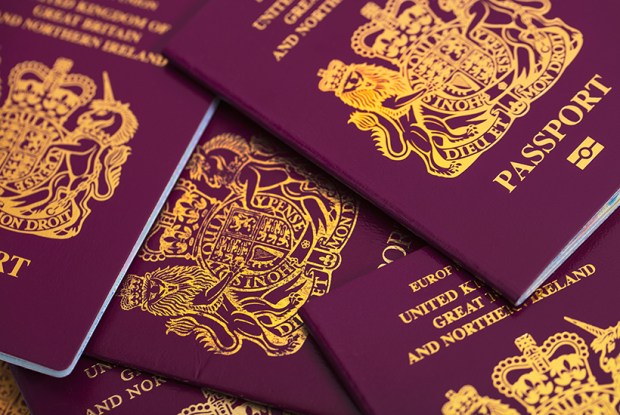
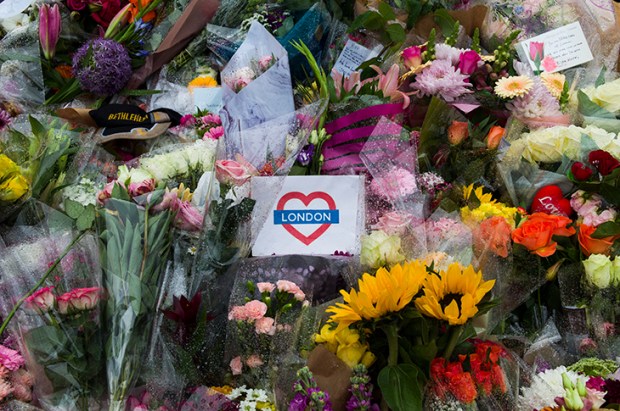







Comments
Don't miss out
Join the conversation with other Spectator Australia readers. Subscribe to leave a comment.
SUBSCRIBEAlready a subscriber? Log in